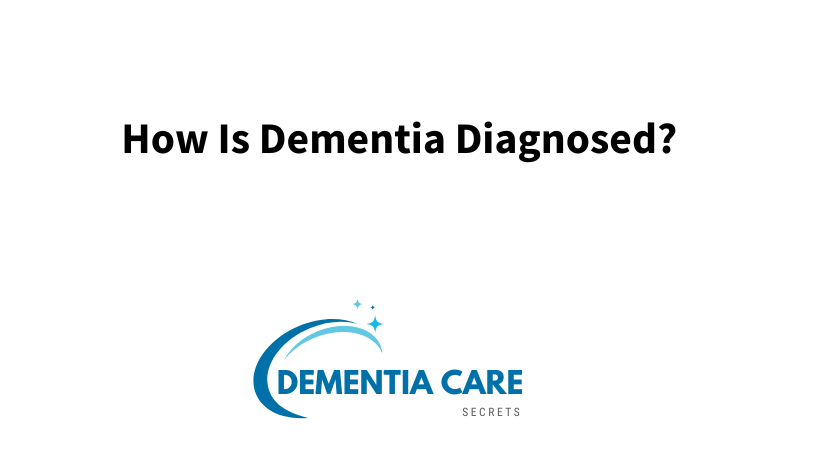The Challenges and Process on How Dementia is Diagnosed?
This podcast transcript discusses the challenges and process of diagnosing dementia. With over a hundred types of dementia, including both progressive and reversible forms, diagnosing the specific type and cause can be complex.

This podcast transcript discusses the challenges and process of diagnosing dementia. With over a hundred types of dementia, including both progressive and reversible forms, diagnosing the specific type and cause can be complex. The first step in diagnosis involves reviewing the patient's medical history and discussing their current symptoms, followed by a thorough physical examination. Family history, changes in behavior or personality, and other medical conditions or medications are important factors to consider.
Since no single test can definitively diagnose dementia, doctors need to conduct multiple tests to rule out reversible forms of dementia and identify physical symptoms that may affect brain function. Blood tests can detect deficiencies or other conditions that impact brain health. Additionally, brain scans such as CT or MRI can check for evidence of stroke, bleeding, tumors, or other abnormalities. PET scans can show patterns of brain activity and the presence of proteins associated with specific types of dementia.
Neurological evaluations are essential and may involve various cognitive tests to assess thinking abilities, memory, reasoning, and language skills. Visual perceptual abilities, problem-solving, movement, hearing, and eye movements are also assessed. It is important to rule out other diseases and conditions to provide an accurate diagnosis, which may require a psychiatric evaluation to determine if depression or another mental health condition is contributing to the symptoms.
The transcript highlights the significance of seeking early medical attention if there are concerns about dementia symptoms. Early diagnosis and treatment not only improve a person's quality of life but can also slow the progression of the disease. It is advised to prepare for the doctor's appointment by compiling a list of symptoms, medications, and questions, and if applicable, sharing information about any family history of dementia.
Overall, the transcript emphasizes the importance of a comprehensive evaluation process involving various medical professionals and tests to accurately diagnose dementia and ensure appropriate medical and mental health support.





